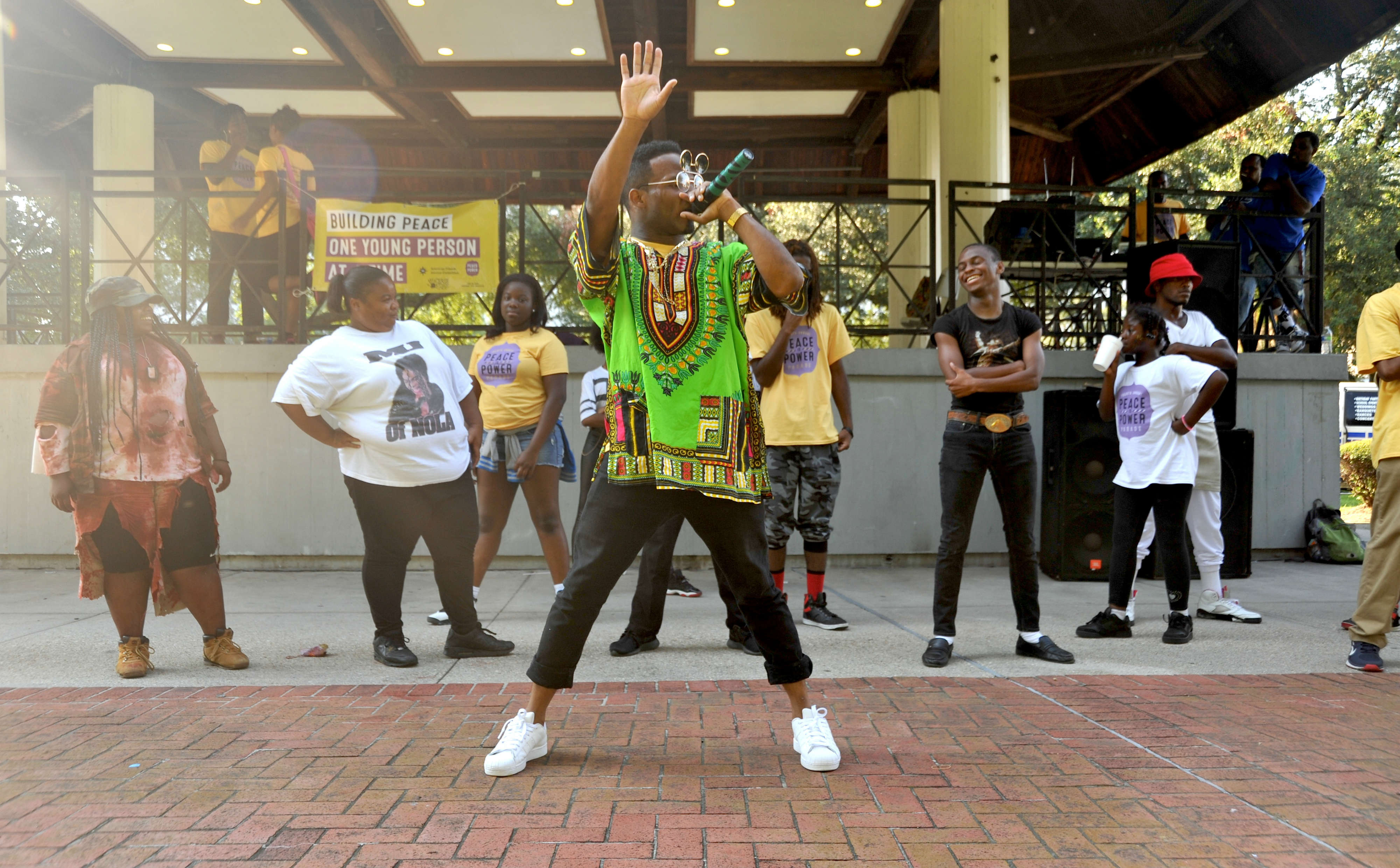
Colonization requires constant action. By definition, a process is implied. Initially, colonization is simply acquiring dominion over the people, land, and all therein the land. As a result, as Serbian dictator Slobodan Milosevic once said, “countries under foreign command quickly forget their history, their past, their tradition, their national symbols, their way of living, often their own literary language.”
With the loss of traditional languages and cultures, that of the ruling body becomes law. This new way of life—daily systemic oppression—remains in place until a grassroots movement of the masses reclaims autonomy and power.
Think about it like this: The process of colonization is similar to the process of dyeing clothes. The original material remains, but it is forever stained by the colors of colonialism and oppression. Over time, the colors of repression fade, and the true fabric of the people begins to bleed through in a new subversive creolized culture, language, and politic. The avant-garde comes from this blending of identities, which then facilitates the evolution of decolonization.
 The first step of the decolonization of a people is decolonizing the mind. Decolonizing the mind means liberating it through native languages, cultures, and practices, while simultaneously dismantling the systems, lifestyles, and values of the oppressor. In this way, freeing the mind through art and culture becomes a healing and transformative process.
The first step of the decolonization of a people is decolonizing the mind. Decolonizing the mind means liberating it through native languages, cultures, and practices, while simultaneously dismantling the systems, lifestyles, and values of the oppressor. In this way, freeing the mind through art and culture becomes a healing and transformative process.
The AFSC New Orleans Peace by Piece program embodies the process of decolonization by healing through the arts. Cultural events like the Designing Our Freedom Series and Peace is Power Parade create a platform for Black youth and young adults to express themselves by reclaiming the art, culture, and fashion that often stigmatizes them and to reappropriate those things into culturally grounded expressions of liberation. This means freeing not only the mind but also the body—through dancing, music, second lining, and spoken word that gestures back to African and Indigenous roots.
But at some point, the decolonization process has to move beyond individual healing--mental and physical freeing--to a place of action. That’s why organizing is such a vital part of the Peace by Piece New Orleans program. Through culturally relevant organizing, young people are able to use Black art and culture to connect with other young people. Whether Peace by Piece interns are engaging youth during community gardening, canvassing the neighborhood for a campaign, or teaching their peers about nonviolent conflict transformation, the method is still the same: Meet people where they are. When organizing moves beyond theory and adopts the culture of the people, that’s when real change happens. That’s where decolonization evolves.
Still, the remnants of colonization are ever present. The work of organizers is to guide folks through the process of decolonization. It means freeing all of those things that Slobodan Milosevic talked about: our history, our traditions, our ways of living, our language. It means, on an individual level, freeing our minds and then our bodies, so that we might one day free our people from systemic oppression and know true liberation.